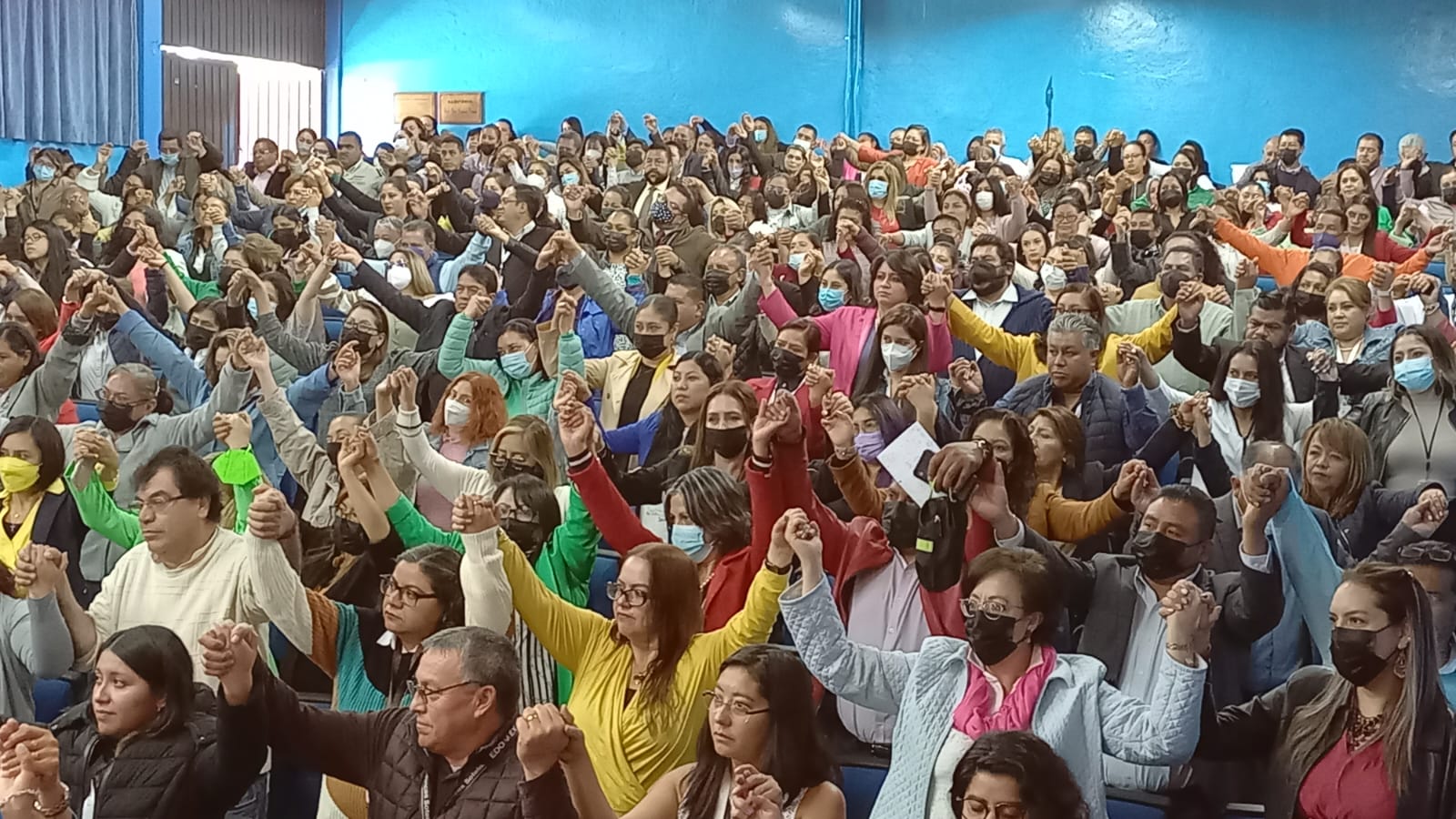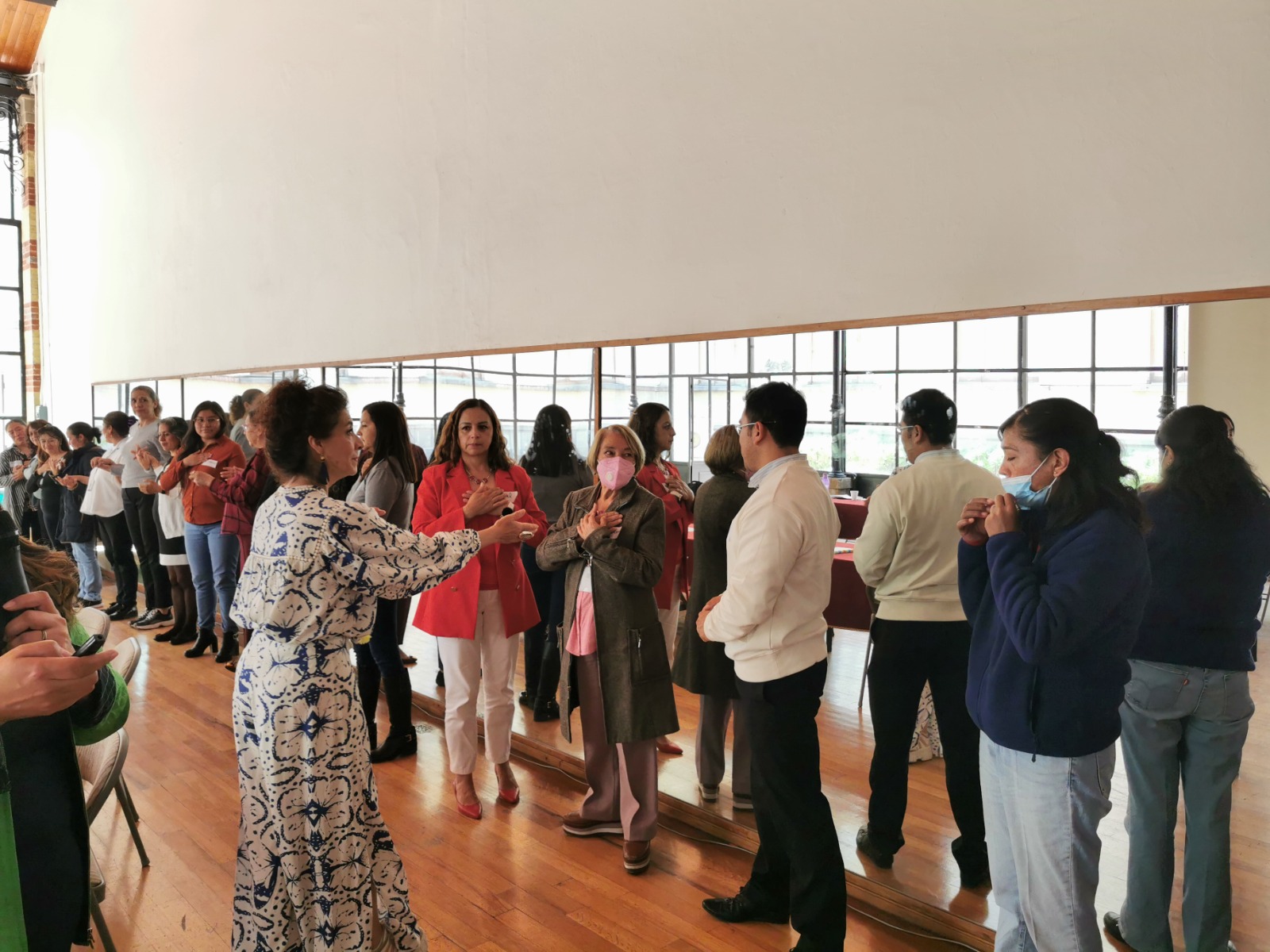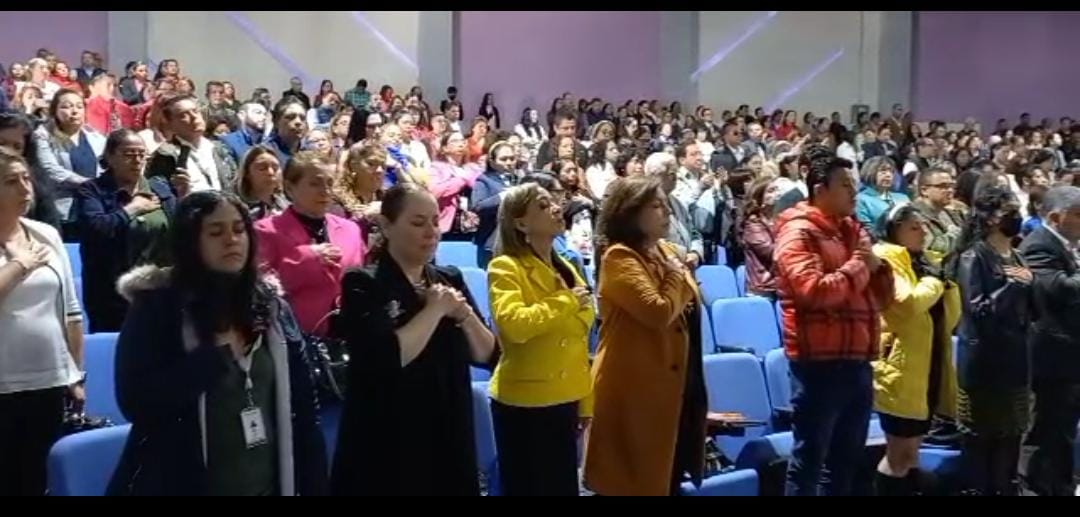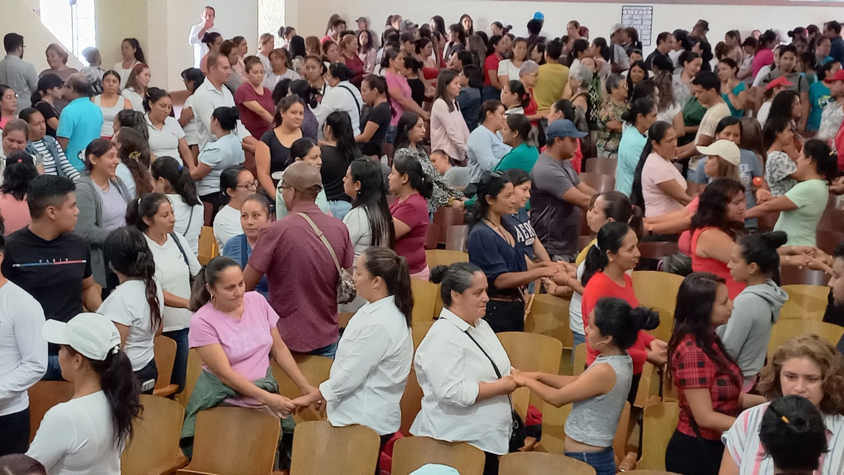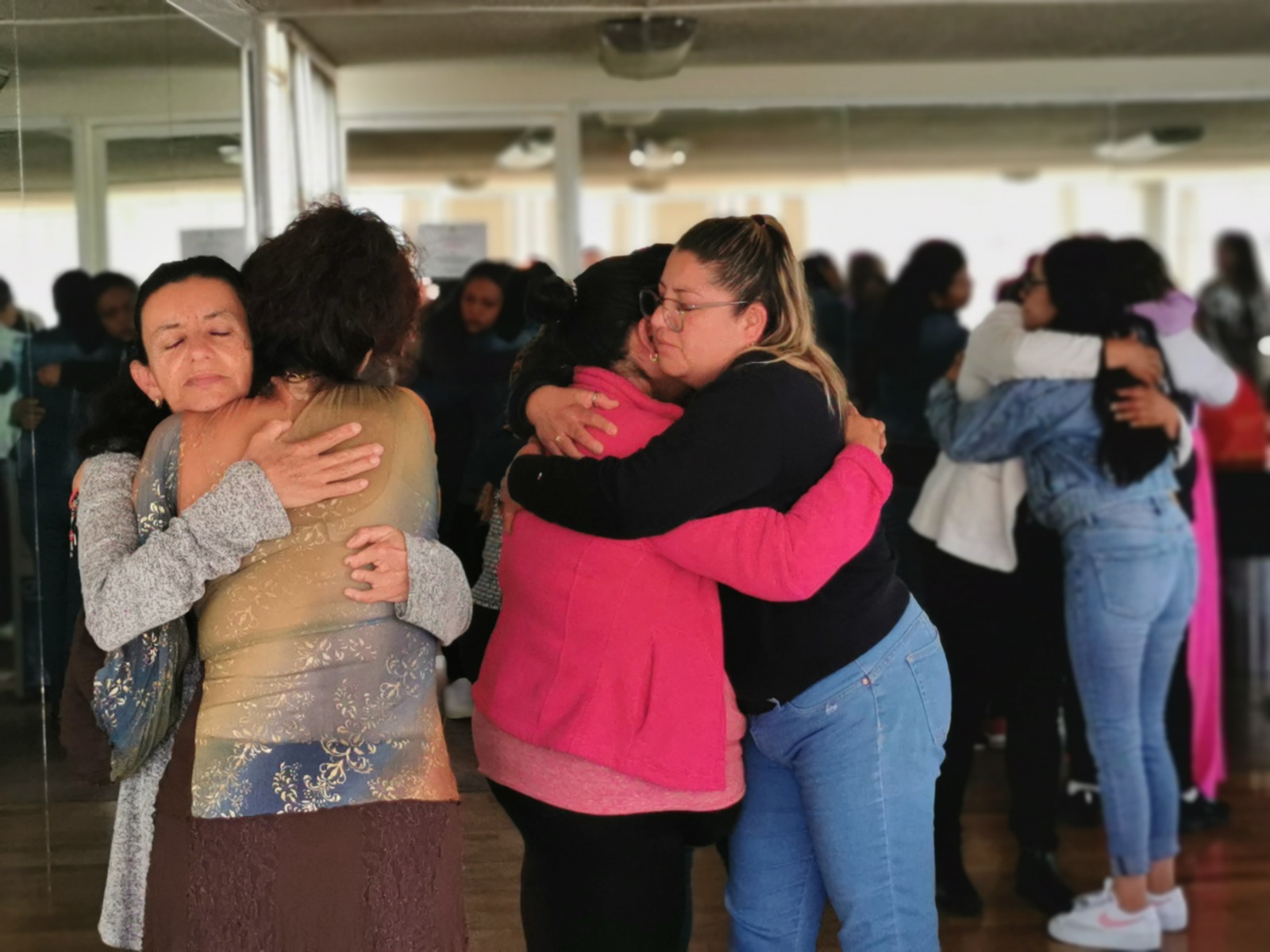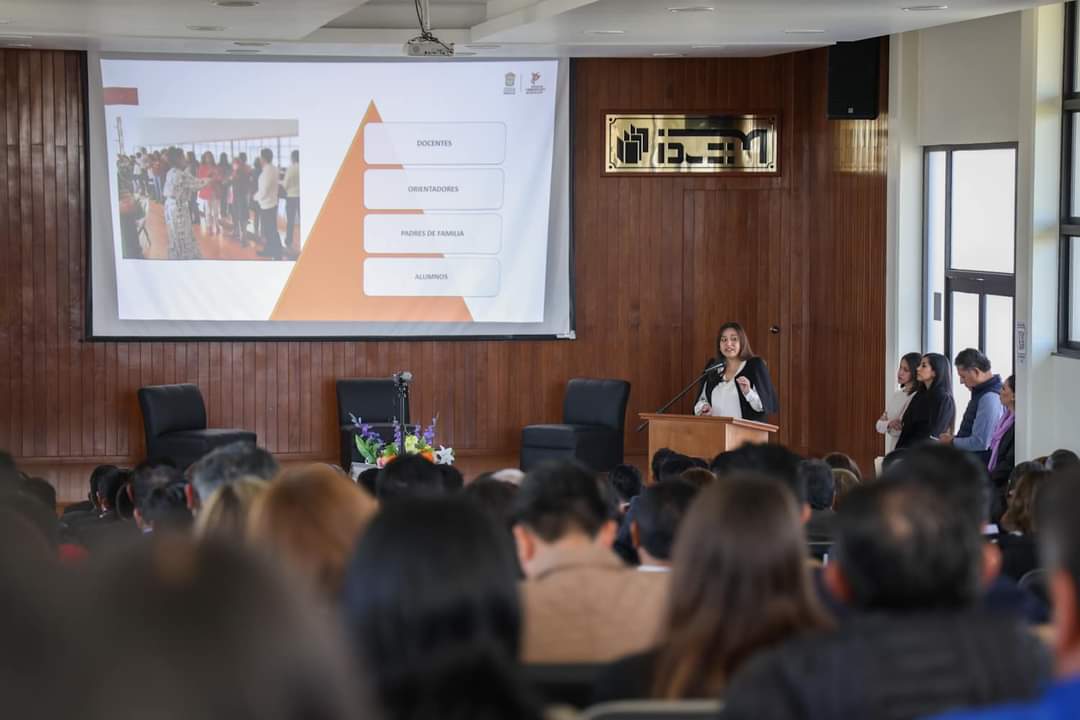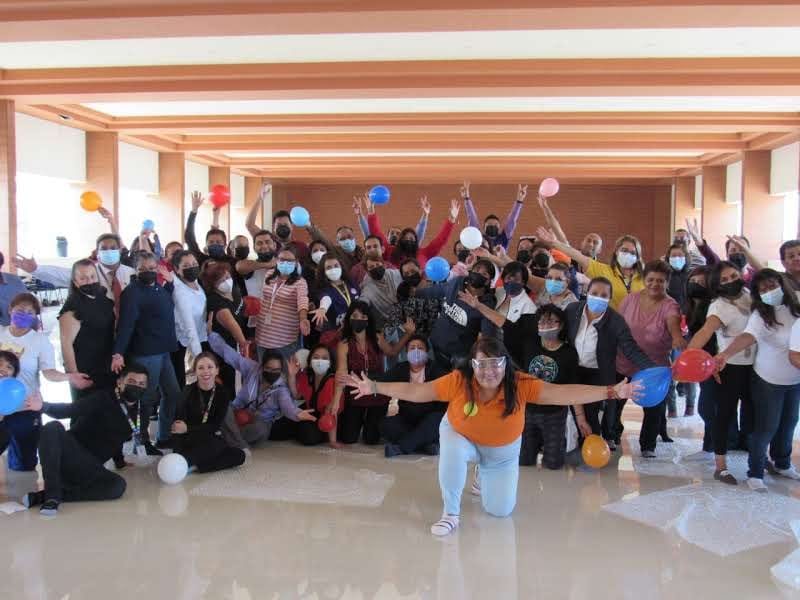Healing to Teach

Municipality
Category / Sub-Category / Topic
Education, Schools
Type of investment needed
Grant
The challenge
The project
Know more...
Investment
(*): In kind/pro bonus
(**): Financing
Funds
Needed
Covered
Solicited
Investment
(*): In kind/pro bonus
(**): Financing
Real estate (classrooms, furniture, and equipment) (*)
u$s 250000.00
u$s 250000.00
u$s 0.00
2 Notebooks (**)
u$s 1000.00
u$s 0.00
u$s 1000.00
Textbooks (**)
u$s 2500.00
u$s 0.00
u$s 2500.00
Recording equipment; Camera, lamps, tripod (**)
u$s 34000.00
u$s 0.00
u$s 34000.00
Stationery kits (**)
u$s 4000.00
u$s 0.00
u$s 4000.00
Office supplies (**)
u$s 4000.00
u$s 0.00
u$s 4000.00
Newspaper clippings (**)
u$s 2000.00
u$s 0.00
u$s 2000.00
12 external specialists in Thanatology for workshops, conferences, panels, forums, accompaniments. (**)
u$s 69200.00
u$s 0.00
u$s 69200.00
4 Advisors of the Thanatological Network (*)
u$s 144000.00
u$s 144000.00
u$s 0.00
Administrative expenses: travel, accommodations, meals for external and internal advisors. (**)
u$s 10000.00
u$s 0.00
u$s 10000.00
Funds
Needed
Covered
Solicited
Inmuebles (aulas, mobiliario y equipo) (*)
u$s 250000.00
u$s 250000.00
u$s 0.00
2 Notebooks (**)
u$s 1000.00
u$s 0.00
u$s 1000.00
Libros de texto (**)
u$s 2500.00
u$s 0.00
u$s 2500.00
Equipo de grabación; Cámara, lamparas, tripie (**)
u$s 34000.00
u$s 0.00
u$s 34000.00
Kits de papelería (**)
u$s 4000.00
u$s 0.00
u$s 4000.00
Artículos de oficina (**)
u$s 4000.00
u$s 0.00
u$s 4000.00
Notas periodisticas (**)
u$s 2000.00
u$s 0.00
u$s 2000.00
Funds
Needed
Covered
Solicited
12 especialistas externos en Tanatología para; talleres, conferencias, paneles, foros, acompañamientos. (**)
u$s 69200.00
u$s 0.00
u$s 69200.00
4 Asesores de la Red Tanatológica (*)
u$s 144000.00
u$s 144000.00
u$s 0.00
Funds
Needed
Covered
Solicited
Gastos administrativos: viajes, alojamientos, comidas para los asesores externos e internos. (**)
u$s 10000.00
u$s 0.00
u$s 10000.00

